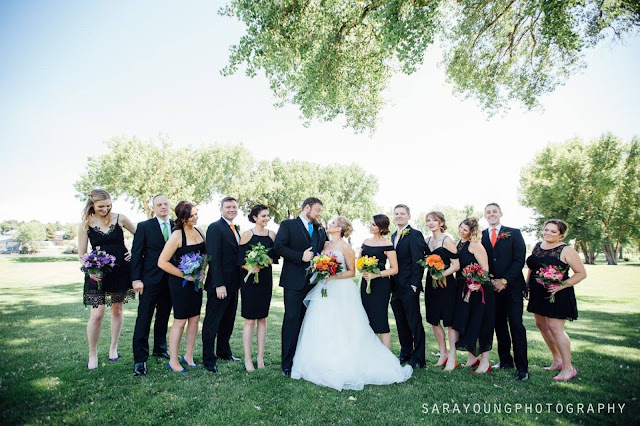Questions and How to Ask Them Properly
So there are two basics types of questions: closed and open. I think everybody in their first week of sales figures out that open-ended questions tend to work better then closed. Why, then, is it so difficult to routinely ask open-ended questions during the course of sales conversations?
Answer: Because we do not speak to our colleagues, friends, and family members that way!
In any sales role, you must retrain your brain to think and speak in open-ended questions. There are certainly times when closed-ended questions, particularly if
used assumptively can be very powerful as well. Let me walk you through a few of the basics.
CLOSE-ENDED QUESTIONS: Can be answered with a yes or no.
OPEN-ENDED QUESTIONS: Must be answered with something more substantive than a yes or no. Those questions will begin with WHO, WHAT, WHY, WHERE, WHEN, WHICH, HOW.
CLOSE-ENDED ASKED ASSUMPTIVELY: You have led them towards saying yes or no.
EXAMPLES
Here are three differetnt ways of setting up a time for a follow-up call using all three types of questions. Which do you like best?
Closed: Are you available at 3pm today?Here are three differetnt ways of setting up a time for a follow-up call using all three types of questions. Which do you like best?
Open: I am open at 3pm today. How does that work in your schedule?
Assumptive: I assume you can schedule a quick follow-up this afternoon at 3pm?
I think we can all agree that the simple closed question is the weakest way to set up a call back time. Let's try another example using the introduction to the call as an example.
Closed: Are you the VP of Finance?
Open: I show that you are a Finance executive. What is your official title?
Assumptive: I have you as the VP of Finance. I assume that is still accurate?
Which of these styles of questions do you think you would get the best information from?
Let's try one more.
Closed: Do you like those topics?
Open: Those are the topics I am hearning from your peers, but what are your top priorities?
Assumptive: I assume the topics your peers have mentioned are pertinent for you as well?
I hope that you are seeing a clear trend that you can ask the same question three different ways and get three very different answers. In all three of these examples the closed-ended question is clearly the weakest way to ask for information. Whenever you ask a closed question you get a quick yes/no and the conversation stops.
While an assumptive question is still closed, you are at least leading the prospect in the right direction and giving yourself a slightly better chance of continuing the conversation. Only with the open-ended question are you forcing the prospect to think about their answer before giving a quick yes/no retort. Not only is this going to make your "pitch" more of a conversation and less of a sales speech; it is also going to increase the quality and quantity of the information you get from your prospect.
1. It builds rapport. Having a conversation with your prospects where you are asking questioning and then you STOP talking and listen to the answers makes customers feel like you really care about them.
2. It builds trust and an emotional connection. If you stop rushing to results (closing the sales) and remember this is a conversation the prospect will have more buy-in to the interaction. This means that you take notes on the answers they give you and follow-up with additional questions. (PROBE--which will be another entry)
3. They sell themselves. If you give prospects a chance to talk about their problem they are going to naturally convince themselves they need help and if you have built that trust and rapport it will likely come from your product or service.
4. You build excitement. The more excited a person is about the opportunity you are presenting, the more likely they are to say yes quickly. (We have all made an impulsive purchase)! The more excitement you build on the first call, the more likely your prospect is to still be excited and interested on the follow-up call as well.
5. You can discover their buying motives. Even if they are not ready to purchase now, you can discover when they might be.



Comments
Post a Comment